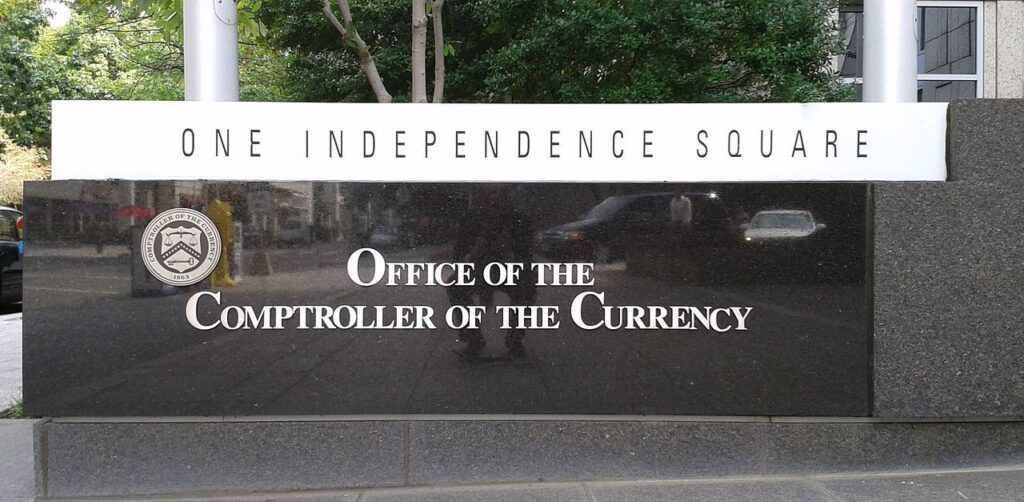New Developments in Cryptocurrency Regulation
The Office of the Comptroller of the Currency (OCC) has officially announced that federally regulated banks can now engage in a variety of cryptocurrency-related activities without needing prior approval. This landmark decision aims to clarify the legal landscape for national banks and federal savings associations as they navigate the burgeoning world of digital assets.
Key Activities Authorized by the OCC
In a new interpretive letter, the OCC specified that national banks and federal savings associations can:
– **Provide Crypto Custody Services**: Banks are now permitted to hold and safeguard digital assets on behalf of their clients.
– **Engage in Stablecoin Activities**: Institutions can participate in a variety of operations related to stablecoins, which are cryptocurrencies pegged to stable assets like fiat currencies.
– **Run Blockchain Nodes**: Banks can operate nodes on various blockchain networks, enhancing their engagement with this innovative technology.
Importance of Risk Management in Crypto Engagement
Acting Comptroller of the Currency, Rodney E. Hood, emphasized the importance of robust risk management controls. He stated, “The OCC expects banks to have the same strong risk management controls in place to support novel bank activities as they do for traditional ones.” This statement underscores the need for financial institutions to maintain high standards of security and compliance as they explore new avenues in the crypto space.
A Shift in Regulatory Stance
With this new guidance, the OCC aims to alleviate the burdens on banks wishing to engage in cryptocurrency activities. Furthermore, the agency has retracted a previous statement from 2023 regarding liquidity risks associated with cryptocurrencies. This withdrawal indicates a significant shift in the OCC’s approach to assessing the potential risks that the crypto industry poses to overall financial stability.
Conclusion
The OCC’s recent interpretive letter signals a progressive stance towards integrating cryptocurrency into traditional banking. By allowing banks to provide crypto custody and engage in stablecoin activities, the OCC is fostering an environment that encourages innovation while maintaining necessary regulatory oversight. As banks adapt to these changes, they must ensure that their risk management frameworks are equally robust to safeguard both their interests and those of their customers.



